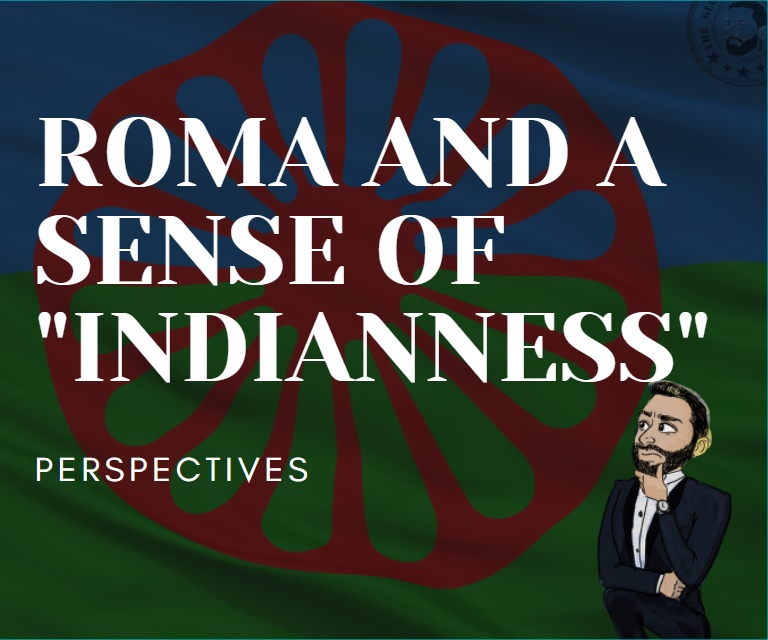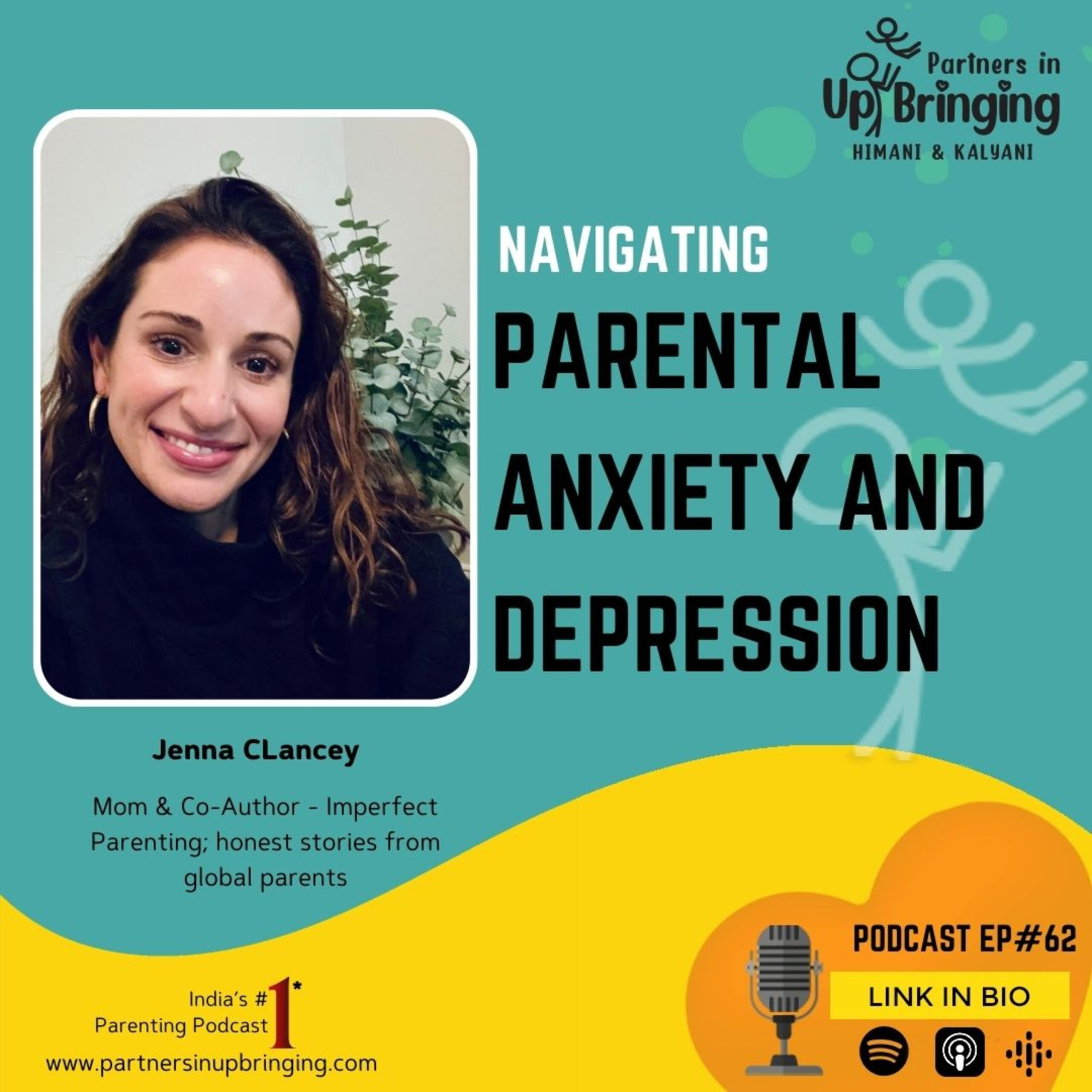The Indian Diaspora is not a modern phenomenon. As we say on the Global Indian series, we’re everywhere! And South Asians were there a long, long time ago.
The Roma (or Gypsies as they are known in Britain) hail from the Punjab region of northern India as nomads and entered Europe between the eighth and tenth centuries C.E.
Therefore, the Roma are Indian. Genetics and linguistics have proved this beyond all reasonable doubt.
Long Persecuted
The Romani people have been persecuted since time immemorial.
The Mongols enslaved them, there were little better in Wallachia and Moldovia (which became Romania in 1859) while in 1896 the Norwegians passed a law whereby Romani children could be forcibly taken away from their parents.
And then there was the genocide of the Roma from 1939 to 1945.
Life has indeed been hard for the Romani and it remains so today.
From their emergence in antiquity to the present day, the Romani have been nomads. Thus, they "never sleep twice in the same place never drink water twice from the same well, and never cross the same river twice in one year."
Where does modern India stand on the Roma?
“I feel a kinship with the Roma people.”
So said Indira Gandhi in 1983.
For the last forty years or so, successive Indian Governments have made a great show of re-forging links with the Romani.
The latest example is that of the Modi administration in 2016. The government launched an ‘International Roma Conference and Cultural Festival’ to which many distinguished Roma from 15 countries to New Delhi were invited.
The exercise was not an unqualified success. Although ostensibly the festival came under the aegis of he Ministry of External Affairs, in truth it was master-minded by The Indian Council for International Cooperation, an organisation very close to the Hindu nationalist Rashtriya Swayamsevak Sangh (RSS) which in turn is very close the BJP.
Indeed, 18 of the speakers were card-carrying members of the Indian Council for International Cooperation. All of them were at pains to stress that the Roma are of Hindu origin and while this may be so, the whole affair felt uncomfortably party political, given the BJP’s nationalist leanings.
No doubt it was well-intentioned, but to use the Roma to further the agenda of a political party was as regrettable as it was maladroit.
Is the time ripe to formally recognise the Romani People as Indians?
At the Roma Festival of 2016, Minister for External Affairs Sushma Swaraj, for example, gushed: “You are people of India.”
This raises the question: is a person of India an Indian? This may sound like double-speak but the distinction is important. An Indian, legally speaking at least, is a citizen and has the right to vote.
What then is the legal status, if any, of a person of India? There has been a good deal of talk of granting the Roma status as POI’s (that is to say, People of Indian Origin) but this has yet to happen. But to judge by the warm expressions of solidarity from Indian politicians for the last 40 years or, the political will ‘appears’ to be there. ‘Appears’ is the operative word, but so far no Indian Government has not taken any steps to being the Roma into the fold.
Time and again, the Roma people have called upon India to come to their aid. The sad truth is that their cry for help has fallen on deaf ears.
While the charge of doing nothing concrete for the Roma can indeed be brought against the Government, the fact is that the Roma question is fraught with complexity, not least because the Roma are spread over 30 countries. There are an estimated 10 to 12 million Roma in European Union and candidate countries alone.
Furthermore, many of them are citizens of those countries in which they live and so to give them official protection would be a political headache few politicians are prepared to endure.
One possible solution is the Overseas Citizenship of India (OCI) by which people are allowed to keep his citizenship and have the protection of India. It also allows one to live and work in India indefinitely. However, despite its name, it is not citizenship. Nor does it give you the right to vote. What is more, the Government can withdraw your status on a whim.
But it would be better than nothing and although the idea has been mooted, to date it has yet to materialise.
Gypsies are not Egyptian
The term "Gypsy" is a misnomer. It arose because many Europeans mistakenly believed they came from Egypt.
We now know that this is not so. Indeed, there are two pieces of incontrovertible genetic evidence that the Roma do indeed come from India.
First, Romani populations carry large amounts of a particular Y chromosomes (inherited from the father) and mitochondrial DNA (inherited from the mother) that otherwise exist only in populations from South Asia.
Second, (and this is the clincher) many Roma have an inherited genetic disorder, congenital myasthenia, which is otherwise known only in subjects of Indian ancestry.
Rom, Lom and Dom
Today, the Roma are fall into three categories, based on geography: the Rom (European Roma), Lom (specifically the Armenians), and Dom (in the Mid-east, specifically Iran). These terms are all phonetically correspondent to Sanskrit's "domba", or modern Indian terms such as dom or dum.
Interestingly, the language Romani is very similar to that spoken of the Jats, a nomadic tribe of northwestern India, to Punjabi and indeed to Hindi.
Quite who were the tribes from whom the Roma trace descent is a matter of debate. Was it the Burushos of Hunza of Northern Pakistan? Was it the Doma, a people scattered across India?
We do not know for sure. What we do know is this:
1) The Roma’s language has many affinities with Hindi and therefore with Sanskrit, the mother of all Indo-European languages, including English.
2) The Roma, Romi, Gypies, Ciganos (call them what you will) have faced and indeed continue to face great prejudice wherever they settle.
3) They have had a profound effect on Western music from Johannes Brahms to Dvórak.
4) Gypsies have made enormous contributions to the arts.
Here are a few celebrities of Roma origin:
- Michael Caine (1933)
- Charlie Chaplin (1889-1977)
- Yul Brynner (1920-1985)
- Elvis Presley (1935-1977) (Possibly)
- Bob Hoskins (1942-2014)
- Pablo Picasso (1881-1973)
- Rita Hayworth (1918-1987)
Eastern Europe-The Heartlands of the Romani
In Europe, most Roma are to be found in Eastern Europe. They are seldom welcomed and nearly always discriminated against: landlords do not want to rent to them, schools do not want to educate them and governments do not know want anything to do with them. Plus ça change.
A People Without A Land
Much of the problem lies in the fact that there are a people without a land, much like the Kurds and until relatively recently the Jews.
Legally speaking, they are stateless. which means they do not have the backing of a state. Borders and nation-state is the way we humans have hit upon to live on the land. If you do not belong to a nation-state and if you do not stay put, then he powers that be do knot know what to do with you.
The Roma’s identity is inextricably linked to rootlessness, which is unusual. The history of mankind is red with the blood of those who have fought for their country and their land.
Perhaps we attach so much importance to owning the land because it can be taken from us. This applies to all property. That which is owned can be stolen.
A Landless Identity
Not so for the Roma, for whom identity is linked neither to place nor to geography. I think a lot of people find this very difficult to get their head around, which is testament to how deep-seated our notions of country and identity are.
We want to throw the floor over to you. How many generations does one go back, in order to "identify" themselves? And Should then the idea of a PIO card be re-thought?
-------------------------------










